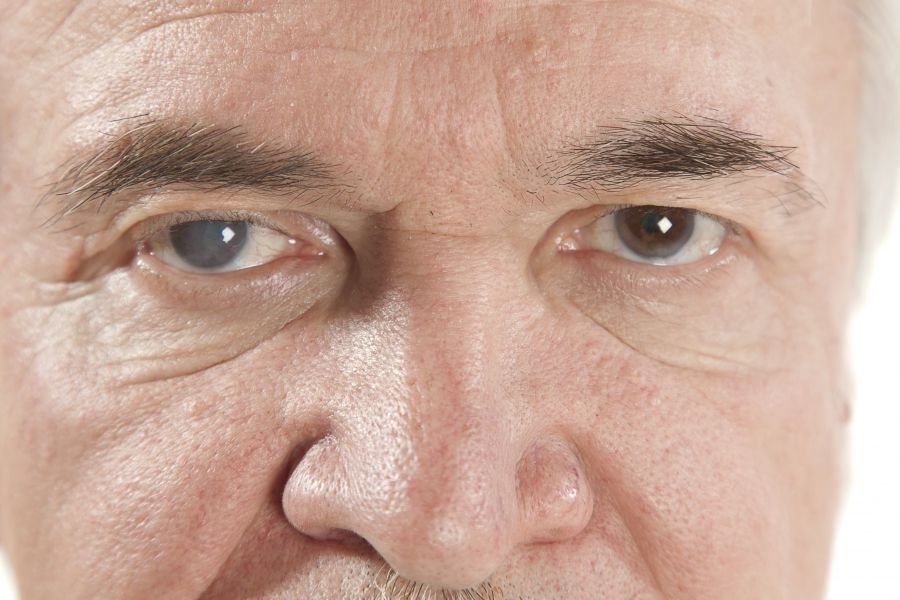Cataracts and glaucoma are two of the most common eye conditions that naturally occur with age. This means that many individuals over the age of 60 have both. While these two conditions are not related, given it is common for them to co-occur, there are unique considerations to make.
A cataract is an eye condition characterized by the clouding of the lens of the eye. This blocks the entry of light, disrupting proper vision. Cataracts are the leading cause of blindness globally. However, this condition is reversible with a cataract surgery called extraction.
Glaucoma is actually an umbrella term that describes a group of diseases. Glaucoma is the leading cause of irreversible blindness in the world. When you have glaucoma, the neurons of the optic nerve are damaged. Often there are no symptoms to glaucoma, and blindness occurs without warning.
Both are serious eye conditions that are common with age, and it’s common for individuals to have both. If you have both glaucoma and cataracts, there are some unique considerations to make.
Are you at higher risk for cataracts if you have glaucoma?
You may wonder if you have glaucoma, if you are at greater risk of cataracts. People with glaucoma are not usually at higher risk of developing cataracts. However, there are exceptions. If you have glaucoma due to a secondary cause like eye inflammation, eye trauma, or steroids. Individuals with developmental conditions such as congenital rubella are also had a higher risk for developing both glaucoma and cataracts. In addition, because both conditions are more common with age, they may develop around the same time, but this doesn’t mean they are related.
Can cataract surgery restore vision?
While glaucoma can lead to permanent vision loss, vision can often be restored if it’s lost due to cataracts. Most of the time, cataract surgery involves removing the cloudy lens of the eye and replacing it with a clear plastic lens, called an intraocular lens implant.
This process is called extracapsular lens extraction. Afterward, the outer membrane lens capsule usually remains, and sometimes, this membrane can thicken and cloud vision over time. If this happens, a procedure called a capsulotomy can be used to open the membrane and restore vision with a laser.
When do you need cataract surgery?
You can discuss with your eye doctor whether or not cataract surgery is appropriate. In general, cataract surgery is suggested when vision loss interferes with their daily life. However, sometimes cataracts form in areas of the eye that don’t impact vision, so surgery is unnecessary.
How does cataract surgery affect glaucoma?
Cataract surgery sometimes changes the pressure of the eye (IOP), either permanently or for a short period of time. It’s usually impossible to predict whether IOP will change after cataract surgery. High eye pressure is a risk factor associated with glaucoma, so it’s important for your eye doctor to watch out for what are called “pressure spikes” that can occur after cataract surgery. These are usually short-term and can be managed with medication.
If you need both glaucoma and cataract surgery, can you do these at the same time?
When you have glaucoma and cataracts, the priority is to control glaucoma before anything else. You can either have glaucoma surgery first, or it is possible to have both surgeries at the same time in most cases. How this is approached will depend on your specific medical needs.
How do medicines for cataracts and glaucoma interact?
It’s common for adrenergic agonist medicines like epinephrine to be prescribed for glaucoma. If you have a cataract and are on this medication for glaucoma, you may notice an increase in glare because the eye drops make the pupil larger, exposing the cataract to more light.
Others may be prescribed miotic eye drops for IOP control, and they may find their vision is lowered by their glaucoma medications. This is because these medicines tend to shrink the pupil, decreasing how much light enters the eye. If cataracts are already clouding vision, this can make vision even worse.
If you have glaucoma and/or cataracts, you may benefit from meeting with our eye doctors in Round Rock for cataract surgery consultation. Contact us today to schedule an appointment.

